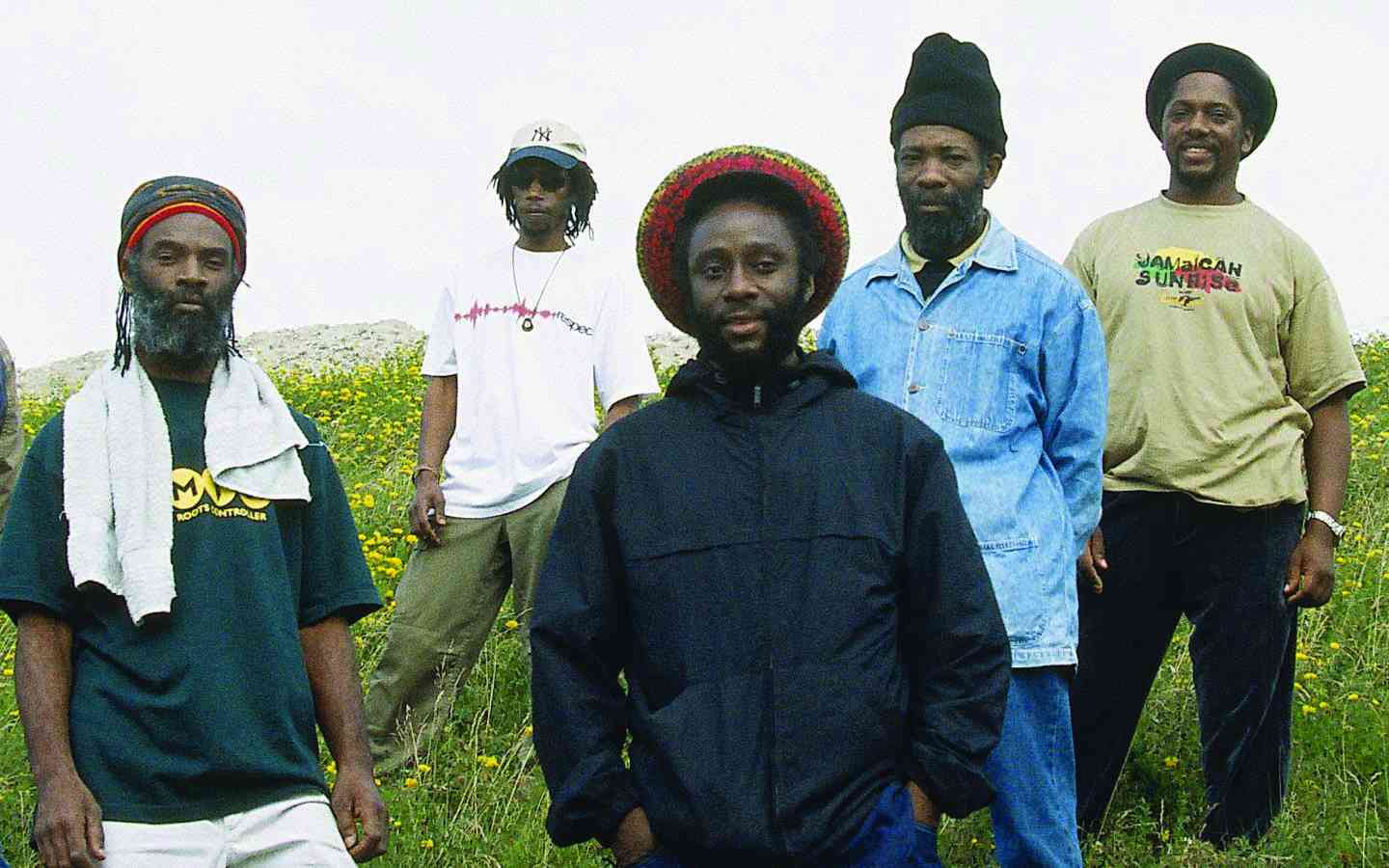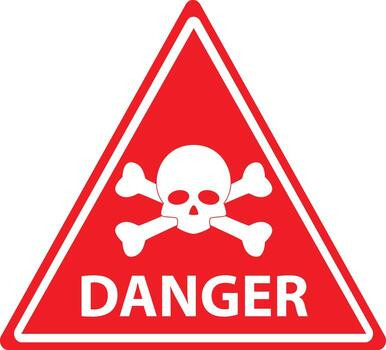
Veld fires have become one of the most topical environmental issues with terminal effects in Zimbabwe. Over the years, infrastructure and property worth millions of dollars have been lost in inferno.
Agricultural produce such as maize, soya bean and wheat have been gutted down by fires thus compromising the nation’s efforts in reviving food security and nutrition status, as well as attainment of the sustainable development goal number two on zero hunger.
Veld fires continue to destroy human life, since 2009 to date, more than 120 lives have been lost in the scourge.
Fire risk prediction modelling
In an effort to enhance preparedness and stimulate fire pre-suppression strategies, the Agency conducts a fire risk prediction modelling, to determine the risk that the country faces against veld fires, come the dry season.
The fire risk prediction modelling is an annual event, done before the dry season, so as to inform decision making and strategies to be implemented during the particular year, in order to prevent veld fires and create resilience against such.
The 2022 fire risk prediction modelling indicated that the country is generally at high risk to veld fires.
This is can be attributed to the good rains received during the 2021/2022 season. The provinces at extreme risk are Matabeleland North, Midlands, Mashonaland West, East and Central.
- Chamisa under fire over US$120K donation
- Mavhunga puts DeMbare into Chibuku quarterfinals
- Pension funds bet on Cabora Bassa oilfields
- Councils defy govt fire tender directive
Keep Reading
Similarly, the districts at extreme risk include; Shamva, Makonde, Zvimba, Mazowe, Goromonzi, Hwedza, Mutasa and Nyanga. The rest of the country remains in moderate risk.
The veld fire season
The fire season in Zimbabwe is defined by law. Statutory Instrument 7 of 2007 on Environmental Impact Assessment and Ecosystems Protection Regulations clearly defines the f July 31 to October 31 each year as the period when people are not supposed to use fire outside the residential and commercial premises.
This set period held true in 2007 at the time when regulations were promulgated but this has now changed due to climate change and its impacts resulting in fires occurring before and after the defined period.
Veld fire outbreaks are a function of biomass which is supported by rain, oxygen which supports combustion and the heat which triggers combustion. If there are good rains in a season then we expect fierce fires because of the presence of the fuel load.
The beginning of the rains marks the end of the fire season, therefore, early rains result in shorter fire season while late rains elongates the fire season.
In order to cater for the impacts of climate change, particularly the changes in rainfall patterns, the country will not have a fixed fire season. The seasons will in each year vary in line with the climatic conditions and as such on an annual basis the Minister will notify the nation through a notice in the Government Gazette.
The 2022 fire season
Environment, Climate, Tourism and Hospitality Industry minister Nqobizitha Mangaliso Ndhlovu, exercised his powers, in terms of the Environmental Management Act [Chapter 20:27] by declaring the 2022 fire season.
The minister, in consultation of the Meteorological Services Department and the Ministry of Lands, Agriculture, Fisheries, Water and Rural Development, and having studied climate change and rainfall patterns, declared the fire season for 2022 to be the period between July 31 and November 30, according to Government Gazette GN 2346 of June 17, 2022. This was determined using the long range weather forecast.
Strategies for veld fire management
The following comprehensive strategies were developed to be employed so as to reduce veld fires and the impact thereof.
Inter-ministerial strategies
Collaborations between the Ministry Of Lands, Agriculture, Fisheries, Water and Rural Development and the Ministry of Environment, Climate Tourism and Hospitality Industry have been established. The comprehensive and robust engagement is aimed at protecting agricultural produce (crops and animals) and equipment from veld fires.
Devolution strategies
The Environmental Management Agency (EMA) having noted that most veld fires occur in communal and resettlement areas has upscaled engagements with traditional leaders.
The traditional leaders being the custodians of the land will be championing the protection of the environment.
The traditional leaders play an important role of being the models that communities copy and they also exercise their authority by penalising members that do not toe the line.
Village fire management model
There has been an increase in veld fire occurrences that has necessitated the need for collaboration with stakeholders in proposing to accelerate community driven fuel load reduction, fire guard construction, awareness raising, bee keeping interventions in eight fire prone districts in order to protect our natural capital as well as safeguard community livelihoods.
The fire management strategies that will be employed under this model include hay baling, thatch grass harvesting, fireguard construction; hot ash pits construction and accelerated awareness.
This devolution programme is meant to reduce biomass, fire awareness and pre-suppression measures such as fireguards within the targeted districts.










